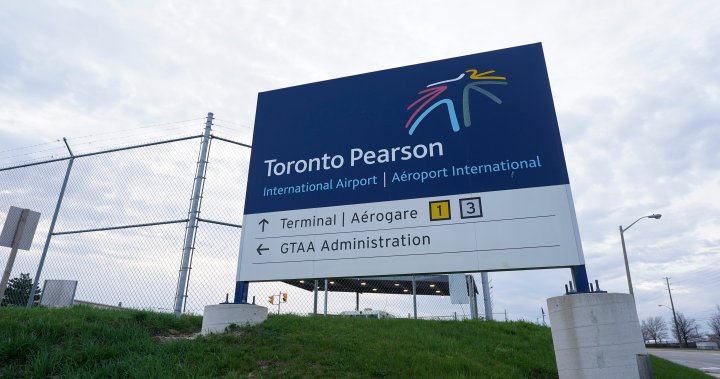The Calgary Police Service is scrambling to close a multi-million-dollar gap in its budget, which the city’s top cop warns could linger for years if not addressed.
CPS confirmed Thursday it is facing a $28-million budget shortfall in 2025 “and beyond,” with the potential for costs to fall on Calgary taxpayers if internal reductions aren’t found.
“It’s not as though there’s a bunch of fat to cut,” police chief Mark Neufeld told reporters Friday.
“We’re cutting muscle in anything we do.”
Neufeld confirmed the funding gap is directly attributable to a decision from the provincial government to claw back the use of photo-radar, which in-turn would have an impact on police revenue.
The new rules, announced in December, limits the use of photo radar to just school, playground and construction zones; reducing the number of sites where photo-radar could be used from 2,000 to 650 province-wide.
The province said at the time it wanted to “ensure that photo radar is a tool for protecting people, not a cash cow.”
According to Neufeld, the fiscal situation has created uncertainty and angst within the police service after its workforce was informed of the issue on Thursday.
“We immediately began examining strategies to reduce operating expenses as we work to absorb this impact, so that we’re not over-budget by the time we get to the end of the year,” Neufeld said.

Get breaking National news
For news impacting Canada and around the world, sign up for breaking news alerts delivered directly to you when they happen.
Eighty-five per cent of the CPS budget is spent on salaries and other human resources costs.
In the interim, the police chief said hiring for civilian positions has been paused and there’s work underway to limit overtime spending; a $13 million cost in 2024.
But Neufeld is hesitant to slow down recruiting sworn officers with the city’s growth and raised concerns that a pause could make it harder to recruit in the future.
“There’s a lot of demands out there and we’re going to do our best to continue to meet them, but this is going to be a challenge,” Neufeld said.
There are concerns cuts to the police budget could have an impact on service.
“Bottom line, when you reduce police funding, you inevitably reduce police coverage,” said Doug King, a criminal justice professor at Mount-Royal University.
“Our police service is considered to be one of the premiere police services in North America. Are we wanting to give that up simply because of the notion of a cash cow?”
The Calgary Police Commission, the service’s civilian-led oversight body, said while it believes traffic enforcement should only be used to promote traffic safety and not to generate revenue, the financial impacts are difficult to ignore.
“The revenue impact of the photo radar changes is not nearly as important to us as the traffic safety implications,” commission chair Amtul Siddiqui said in a statement.
“However, we will still need to work with the service, council and the province to also manage the financial implications of reduced traffic enforcement because fine revenue was being used to offset the cost of the policing services that Calgarians expect us to deliver.”
However, Alberta’s Transportation Minister Devin Dreeshen maintains police should not rely on fine revenue as a funding source; suggesting the costs of shortfalls will fall on municipalities.
“If there are base funding issues for the Calgary Police Service or the Edmonton Police Service, I think that’s something you’d have to talk to the municipalities about,” Dreeshen said in an interview with Global News.
“Photo radar and ticket revenue and the fluctuations on ticket revenue shouldn’t be the main source of funding for our police.”
The main source of funding for the Calgary Police Service comes from property taxes — $489 million annually — according to the 2024 city budget.
Fine revenue accounted for $34 million in the CPS budget in 2023, and $47 million was budgeted in 2024.
Work on a budget request from police for city council to consider during November’s budget deliberations is expected to begin mid-year, but Neufeld said solutions must be found before then.
“That’s way too late,” Neufeld said.
“The longer we admire the problem here, the less opportunity we have to deal with it.”
Neufeld has also asked the CPS workforce for feedback on ways to find efficiencies.
© 2025 Global News, a division of Corus Entertainment Inc.








